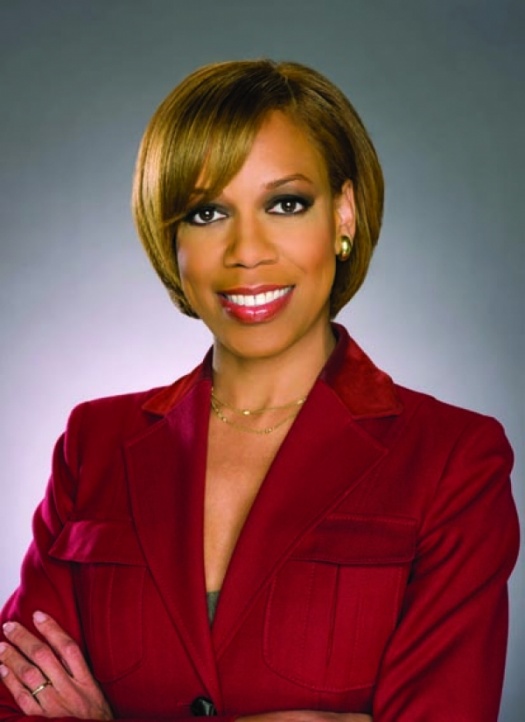
Last week, I got an email from one of the Chicago Urban League’s nextONE graduates about the state of minorityowned businesses in Bronzeville along Cottage Grove Avenue and 35th Street and King Drive. Concerns are mounting among retailers, said Nico
Last week, I got an email from one of the Chicago Urban League’s nextONE graduates about the state of minorityowned businesses in Bronzeville along Cottage Grove Avenue and 35th Street and King Drive. Concerns are mounting among retailers, said Nicole Jones, owner of Sensual Steps Shoe Salon, as consumer spending slows down and more and more businesses in urban communities go under.
“There is no bailout plan for small business owners,” said Jones, who is part of a group that includes South Side business owners, members of the Quad Communities Development Corporation and Alderman Toni Preckwinkle that has bounded together to seek solutions to stem losses. “We must invent our own rescue strategy in order to save ourselves.” Jones is absolutely right. From the start, talks of an economic rescue plan were focused mainly on bailing out large institutions, not on supporting struggling consumers and small businesses. Over the weekend, President-elect Barack Obama introduced an economic stimulus package that he says will provide relief to “Main Street,” not just Wall Street, with 2.5 million jobs, tax breaks for the middle class and support for small businesses. Obama said that winning passage of his plan will be his first order of business once in office.
But the fact is some small and minorityowned business might not survive long enough to apply for relief under an Obama rescue plan. The Bronzeville group is wise to rally together to encourage residents to spend their dollars in their own communities. On “Black Friday,” the official start of the holiday shopping season the day after Thanksgiving, the group will provide complimentary trolleys for Bronzeville residents to shop area stores. Organizers view the trolleys as a solution to insufficient parking, which can deter shoppers, and a chance to make a lasting impression on consumers. They call it “the beginning of a strategic plan … to not only save themselves but also reclaim and revitalize waning communities.”
For sure, sustaining and growing small businesses is critical to sustaining communities. Small businesses will play a key role in an economic recovery. While large corporations lay off hundreds and thousands of employees, successful small businesses continue to hire through rough periods. They also provide local employment opportunities for individuals who lack transportation to access jobs farther out in the suburbs.
But right now, we cannot predict what sort of relief will be available to small firms with barriers to accessing capital and small profit margins that limit their ability to reinvest. In the meantime, Dwain Speese, finance officer for the Urban League’s Entrepreneurship Center, says small business owners can take steps to increase their competitiveness, improve operations, integrate marketing strategies and capitalize on new business opportunities. He calls this strategy “business intelligence” and describes it this way: “If you have the ability to understand what you don’t know and go about finding it out and taking the information you get and applying it to an actual situation, that quickly becomes one of your strengths,” he said.
Toward that end, the Urban League hosts workshops every week to answer business owners’ questions about everything from marketing and finance to operations and IT functions.
“A person who runs a business realizes they aren’t getting the things they want. Do they then sit down, evaluate what the issues are – beyond just doing research on the Internet and talking to people – and develop and apply a solution?” Speese asked.
Speese said there are a few areas of competency that are essential no matter the business: compare pricing, service, delivery, management and product offerings when evaluating how to stand out from competitors and drive revenue. Small business owners need to review their entire business operations, focusing on competitive factors and how they can distinguish themselves, he added.
“Will a small business owner go that far? Maybe not. But if they understood strategy, they could say if I want to grow my business to X amount of dollars, what do I need to do and how do my competitors do it? It doesn’t have to be high level,” Speese said.
In these tough times, it may be harder to get consumers in the door. But it is essential that businesses think strategically about how to increase revenue and that shoppers spend some of their valuable dollars in African American communities. Our businesses need us.
Cheryle R. Jackson is the president of the Chicago Urban League. She can be reached at president@thechicagourbanleague.org.
Copyright 2008 Chicago Defender. All rights reserved. This material may not be published, broadcast, rewritten, or redistributed.

